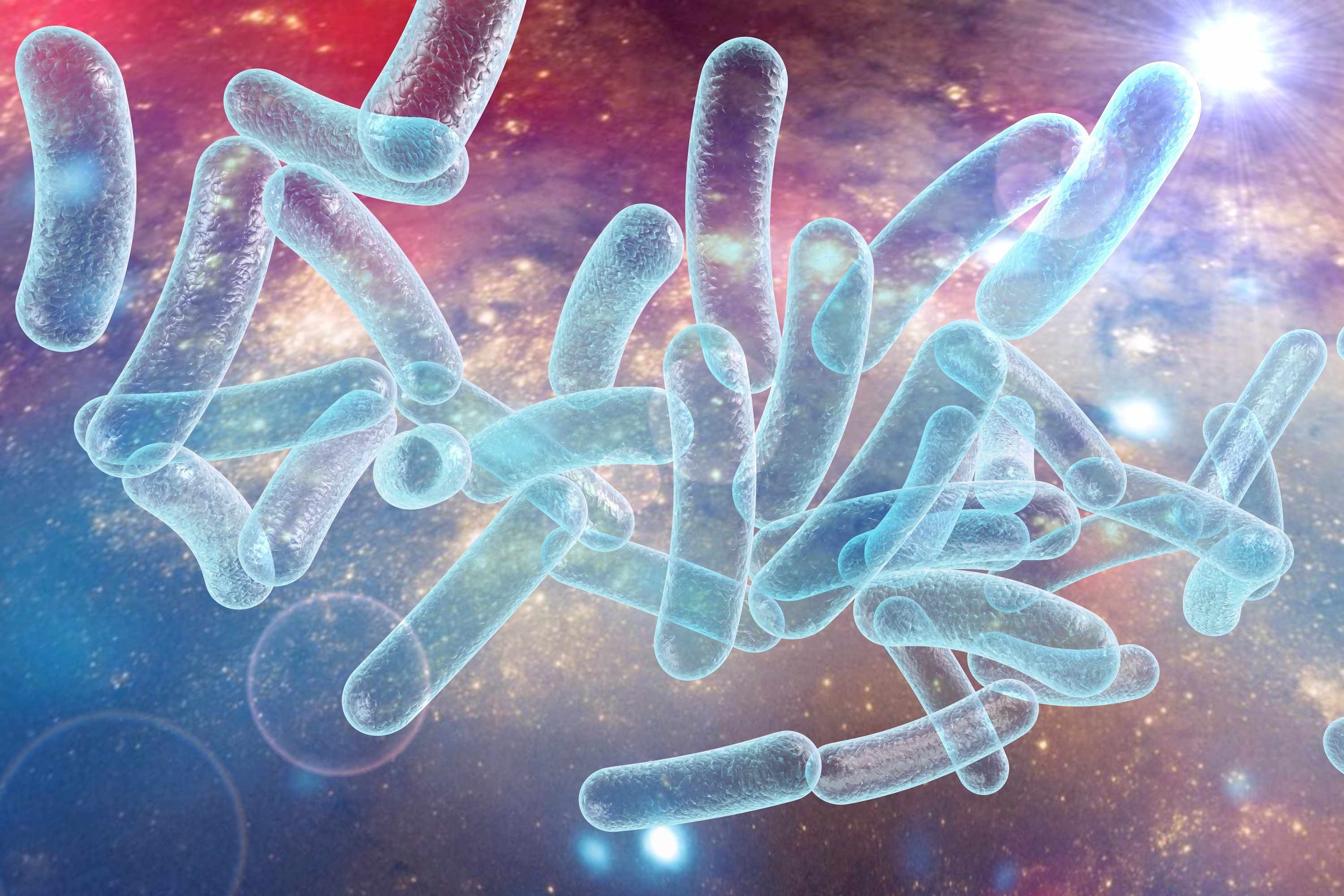-
The summer risk of Legionnaires’ disease

Legionnaires' disease is the disease is caused by bacterium called Legionella, which is found most often in fresh water. Symptoms include pneumonia and, in some cases, the infection can be deadly.
Mayo Clinic infectious diseases specialist Dr. Pritish Tosh says, "Legionnaires' disease is usually not a problem when concentrations are low. Unless you've been directly exposed to it, you're really not at risk." He says the infection is not spread from person to person. Instead, you get it by inhaling the bacteria that's been aerosolized, which means ultamicroscopic particles that are suspended in air or gas.
According to the Centers for Disease Control and Prevention, outbreaks are commonly associated with buildings or structures that have complex water systems, such as hotels and resorts, long-term care facilities, hospitals, and cruise ships. The most likely sources of infection include water used for showering, hot tubs, decorative fountains and cooling towers (parts of centralized air-conditioning systems for large buildings).
Symptoms
Legionnaires' disease usually develops two to 10 days after exposure to Legionella bacteria. It frequently begins with these signs and symptoms:
- Headache
- Muscle pain
- Chills
- Fever that may be 104 degrees Fahrenheit (40 degrees Celsius) or higher
By the second or third day, you'll develop other signs and symptoms that may include:
- Cough, which may bring up mucus and sometimes blood
- Shortness of breath
- Chest pain
- Gastrointestinal symptoms, such as nausea, vomiting and diarrhea
- Confusion or other mental changes
Although Legionnaires' disease primarily affects the lungs, occasionally, it can cause infections in wounds and in other parts of the body, including the heart.
Legionnaires' disease is treated with antibiotics. The sooner therapy is started, the less likely the chance of serious complications or death. In many cases, treatment requires hospitalization. Pontiac fever goes away on its own without treatment and causes no lingering problems.







